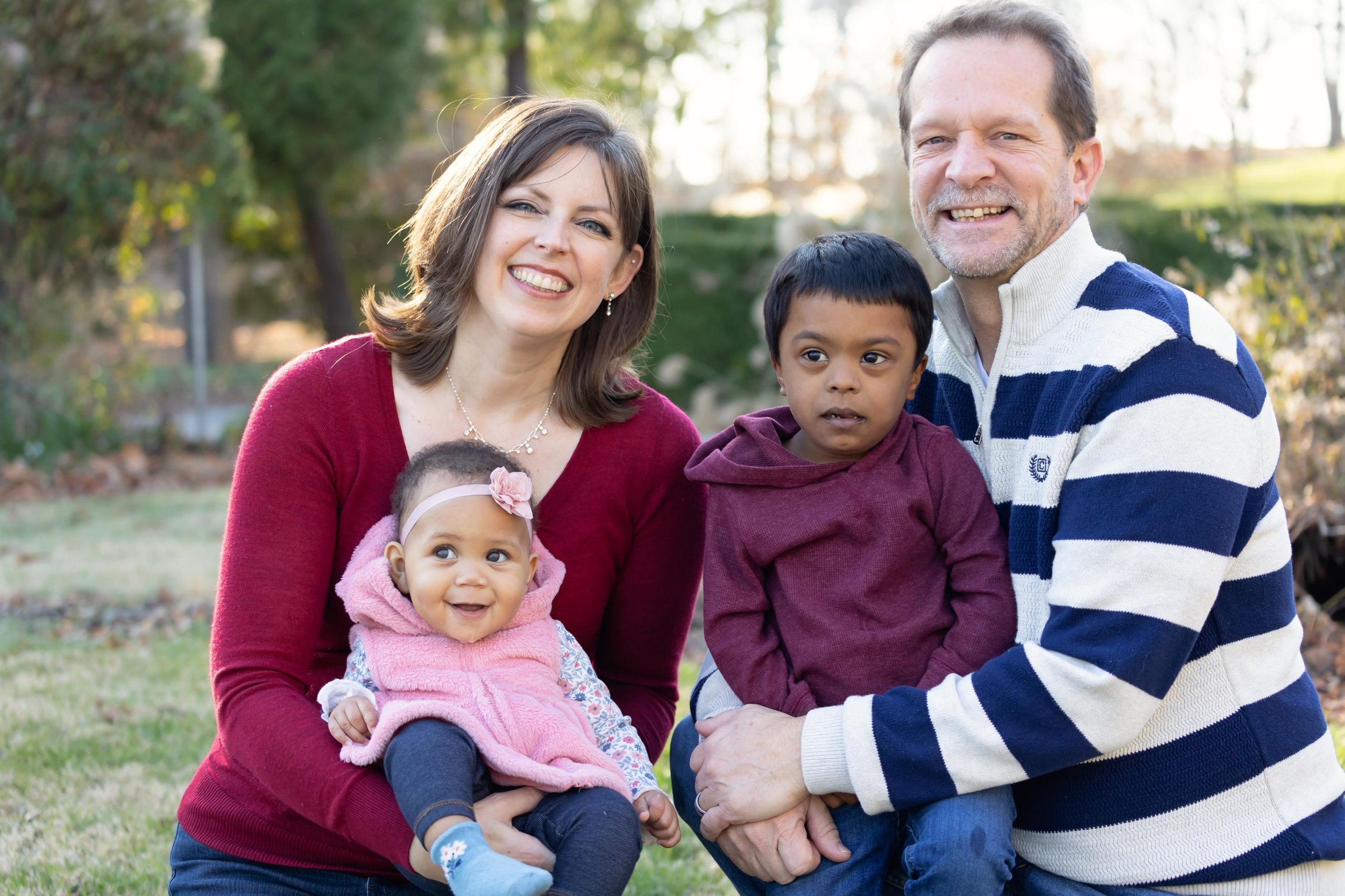What Is Savior’s “Outward Journey”?
By Fr. Kevin
At Church of Savior, we talk about the “Inward Journey” and the “Outward Journey.” These names were coined by Church of the Saviour in Washington, DC, a church that inspired our own name.
The Inward Journey stands for the life of prayer and worship, and from Savior’s beginning, we have done a lot of work here: forming our weekly worship as a place of meeting God, not performance; practicing Sabbath; resisting hurry and busyness; offering retreats; and more. Where our leaders are now giving us greater clarity is our Outward Journey--how we love and serve people outside of Savior. Of the many good ways churches serve people, here are three we feel drawn to, in order:
1.Local Compassion
People at Savior love to give to our neighbors in need, both in our monthly budget and through the yearly Good Friday Gift. This pleases God. As he says through Isaiah: “Is not this the kind of fasting I have chosen: Is it not to share your food with the hungry and to provide the poor wanderer with shelter—when you see the naked, to clothe them, and not to turn away from your own flesh and blood?”
So Savior has shared food with the hungry by giving to Peoples Resource Center, and provided the poor wanderer with shelter, by giving to PADS. Through our longtime ministry partners—Outreach and World Relief Chicagoland—we help teen moms and immigrants.
Our growth edge here is to add to our giving, serving. So we not only give gifts to the Outreach Christmas Store, but this past Christmas, served there.
2.Justice
Isaiah points us to this: “Is not this the kind of fasting I have chosen: to loose the chains of injustice and untie the cords of the yoke, to set the oppressed free and break every yoke?” So we especially want to love those who have been unjustly treated. We have given to help fund church planters of color, provide water for people in the Navajo Nation, and much more. By temperament, Savior is more likely to hug than to picket, but we want to educate ourselves and to advocate for others. We have done some educating and/or advocating for refugees and immigrants, and for persons with disabilities.
Our approach is not so much focusing on Big Causes but on serving real people with names. As one member put it, “Church of the Savior has gifts in looking out for people who are in spiritual pain or physical pain or relational pain. We offer them our vulnerability and listening. It seems part of our DNA to slow down, listen, involve, learn from.”
3.Church Planting
It has been our joy to help launch Christ Our Peace Anglican Church in Oak Park, led by Mtr. Sandy Richter. We expect to release the church into full independence this year. So right now, we are resting and saving toward a future church plant, but here’s why church planting is part of Savior's
Outward Journey:
1. There is a great need for more life-giving, healthy churches.
2. The way the apostles in Acts spread the Gospel was primarily by starting churches.
3. New churches have been shown to be the most effective form of evangelism because they tend to be easier for people to connect with.
4. Our bishop, Todd Hunter, built our diocese, C4SO, to do church planting, so we have examples and encouragement and a culture that gives permission to risk and keeps red tape minimal.
5. We have a steady source of funds for church planting. Many dioceses ask their churches to donate 10% of their operating budget to support the diocese. But Bishop Todd says, “I’ll run the diocese on 5%; put the other 5% into church plants.”
6. Church planting fits a passion of Mtr. Karen's and mine to develop leaders.
7. Church planting meshes with our desire to create relationship-sized churches rather than grow into a medium-size or large-size church.
8. Savior can make a contribution that is still too rare: We plant by sending men or women, when many church-planting agencies exclude female church planters from receiving funds.
I love this clearer Outward Journey. It feels like Savior. It expresses what God’s put in us, a natural extension, not something bolted on. And it gives us direction: we can take steps on this Outward Journey, year after year. If you’d like to learn more or get involved, please contact Pastor Sarah.







